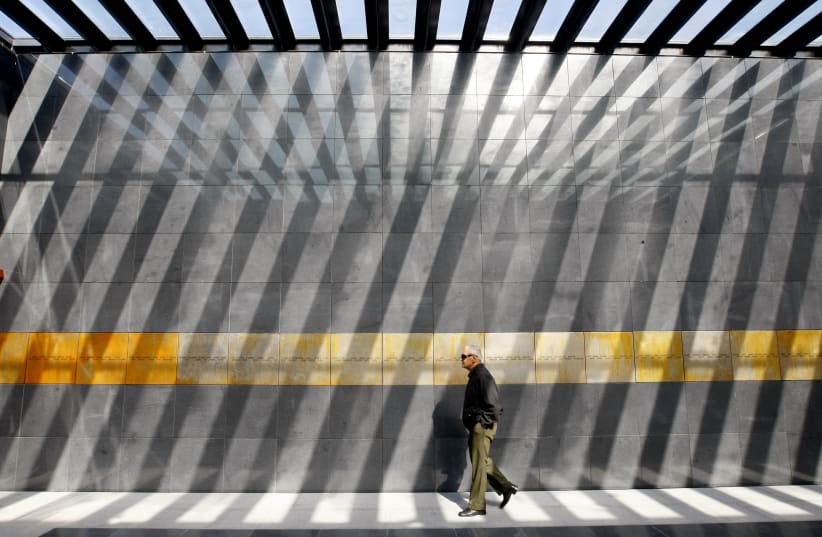His comments come following a decision in February by the General Council of Bucharest, the municipal authority, to change the designated spot for a Holocaust museum from a place in the heart of Bucharest to a more remote location within the city.
Maximilian Marco Katz, who was born and lives in Romania and heads an organization that combats antisemitism in Romania, issued a statement decrying the decision, and subsequently received a withering letter from Badulescu telling him “to go back where you came from.”
In September 2016, the Bucharest General Council approved a decision to establish a Holocaust museum in a prestigious building in the capital’s historic “Old Town” district, to be administered by the Elie Wiesel National Institute for Studying the Holocaust in Romania.
But the council decided to cancel this decision, with Badulescu reportedly stating during the council’s meeting that the district was too replete with Romanian history in which to build a Holocaust memorial museum.
In a statement, Katz’s organization, the Center for Monitoring and Combating Antisemitism in Romania (MCA Romania), denounced the decision and stated at the time that the museum was “as important to Romania as it is for its Jewish community” and that the location of the institution must be maintained.
Following Badulescu’s comments to Newsweek Romania in late March regarding his intention to place a bust of Antonescu in a public place in Bucharest, MCA Romania decried the deputy mayor’s proposal as disturbing and an offense to the memory of Holocaust victims killed by Antonescu’s regime and to Holocaust survivors.
In an unsolicited letter to Katz, Badulescu wrote that he did not know “who and what brings you to Romania,” and stated that it was clear that he was a “stranger to this nation and, as a consequence, to the history of the Romanian people.”
“My recommendation is for you is to go back where you came from and to leave me to take care of the dead of my people.”
Antonescu came to power in Romania in 1940 and allied with Nazi Germany in November that year.
The Wiesel Commission concluded in 2004 that Antonescu and his regime directly participated in the murder of between 280,000 to 350,000 Jews and 11,000 Roma in World War II.
Bădulescu and the Bucharest General Council did not respond to a request for comment.
